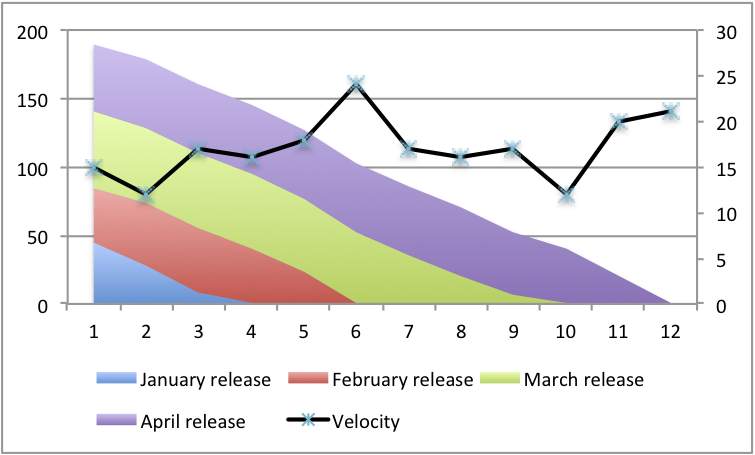One of the things I know is that modern banking - in all its forms - is highly dependent on IT. Banks spend a lot of money on IT and develop a lot of their own software. As a result they have a lot of software developers. And I also know that quite a few of these developers and their teams have been, and are, experimenting with Agile working in one way or another.
It seems every bank has pockets of Agile, a team here, a team there. And not very often joined up.
Some of these teams are successful, some are less so. They often find themselves battling against big company / bank culture. The banks seem to be very good at killing their Agile teams: they get disbanded, forced bank to traditional (pseudo-Waterfall) approaches by bank procedures, or constrained by “the way we do things here.”
It also seems - notice we get further and further from fact and more into conjecture as I build this argument - that many banks have cottoned on that Agile is good and can help them. To this end many banks (and this is fact) have established Agile support programmes of one form or another. There are people at many banks who are trying to make the bank Agile - at least in software development. For many of them it is an uphill struggle.
At this point we should differentiate between retail banking - what you do on the high street with your bank - and investment banking - or casino banking if you prefer. (Yes there are other divisions but lets limit ourselves to two.)
In retail banking I think there are grounds to be a little optimistic. The stories aI hear are that Agile pockets are having success and things are gradually, slowly, improving and the efforts to link things up are slowly bearing fruit.
In investment banking I’m very pessimistic. I have come to the conclusion that while individual development teams may be successful at Agile for a while inside an investment bank all such teams are ultimately doomed. Your team might be Agile for a few weeks or months or even a year or to, but it will eventually be killed by the bank antibodies.
I have come to the conclusion that investment banking culture is polar to Agile culture. My reasoning is thus:
- Investment banks are extremely hierarchical in nature; Agile is not. Agile can live with some hierarchy but not investment banking extreme.
- Short-term in outlook: investment banks are short-term in the extreme - microseconds in some instances. Agile teams can react in the short-term but only by taking a long term view of engineering and quality.
- Investment bankers are not engineers and do not understand engineering. Nobody from IT ever got to run an investment bank, you don’t get up the ladder from a support function, you get there from selling and banking. A large part of the Agile story is about returning to good engineering principles. The lack of engineering skills, thinking and culture in investment banks undermines Agile.
- Investment bankers think you can solve every problem with money. Throwing money at Agile can work in pockets (by the best team) but doesn’t last or scale.
- Investment banks are individual focused: individual bonuses, the power of the one trader to make money or break the bank (from Kweku Adoboli to Nick Leeson and before.) Agile is team focused.
- Investment bankers think applying more pressure is the way to get results; Agile people now that applying pressure breaks things. A little pressure can help but apply too much and things snap, bankers don’t get engineering so don’t get this.
- Risk aversion: yes, investment banks are highly risk averse when it comes to IT. Perhaps because they take so much “risk” directly with money they very risk averse in their operations.
- Investment banks are contradictory: they say they embrace and manage risk but actually they are risk averse (at least in operations); they say they value the team but their actions say otherwise; they call themselves “financial engineers” but they no nothing about engineering; and so on. Agile is about honesty, facing up to truth and acting on it. Investment banks recent track record shows that honesty is sometimes questionable, to say the least.
So how can we help investment banks overcome this problem?
We can’t. Its the way it is. Take the money, and run, or keep you head down and hope for some more.
Eventually new financial institutions will emerge which get Agile, not just at the software level but elsewhere. These institutions - which might be banks or might take some other form - will eventually replace the investment banks.
This is going to take time. Investment banks are fundamentally a broken business model which are propped up by Government support and market failure. This means normal economic logic does not hold for these institutions.


